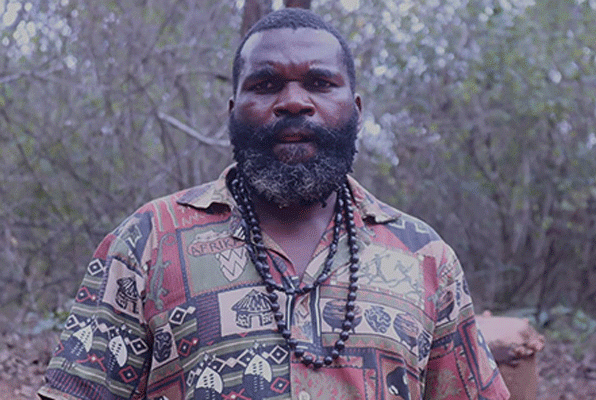
A STUDY commissioned by Southern Africa Aids Dissemination Service (Safaids) and Sonke Gender Justice with the support of GIZ working with the Women Affairs ministry, UNAids and UN Women Zimbabwe, has revealed that women are more involved in unpaid care work than their male counterparts.
The Zimbabwe State of Father’s Report, aimed to enhance knowledge and creating awareness on unpaid care work in homes and the community, shows that most unpaid care work is done by the fairer sex
“The care gap is particularly pronounced within the home, where mothers bear the brunt of care responsibilities, while fathers are often preoccupied with productive work or actively seeking it,” said Tafadzwa Hove from Anokha Consulting Firm which conducted the research.
The report also shows that men and boys are frequently involved in tasks such as fetching firewood and water.
However, when it comes to other care-related responsibilities such as preparing food, cleaning the house, looking after children and accompanying a child to school — boys and men are less engaged.
A proportion of men ranging from 44% to 56% have never participated in these forms of care work.
“Our findings show that men engage in care work as a last resort especially when their spouse is seriously ill or away from home because of other commitments such as church activities or family events,” Hove said.
Women care for the sick, provide support within families, and actively participate in community gatherings, including funerals, weddings, church events and traditional rituals.
Additionally, women are more prominently involved in community development gatherings with non-governmental organisations, even when there is no direct financial gain.
Although men are present in some of the community work and family gatherings, they only provide secondary care and supervision rather than the primary care work, the research reads.
Safaids Zimbabwe programmes assistant, Clemio Magwenga said unpaid care work mostly impacts on women and girls because of the patriarchal nature of Zimbabwe’s society.
“The report will also be looking at how unpaid care work is contributing to gender-based violence including intimate partner violence which is more significant in our society, but it’s not recorded because most people don’t believe in intimate partner violence,” Magwenga said.
“We also want to look at gender equality from the report, so with these findings we are able to map the way forward in terms of creating gender equality opportunities. We want to create an environment where men and women have division of labour at home”.
It is hoped that the report will help in drafting recommendations that will help educate young boys and men in society to also take up unpaid care work.
The report will officially be launched on International Families Day on May 15, 2024.










